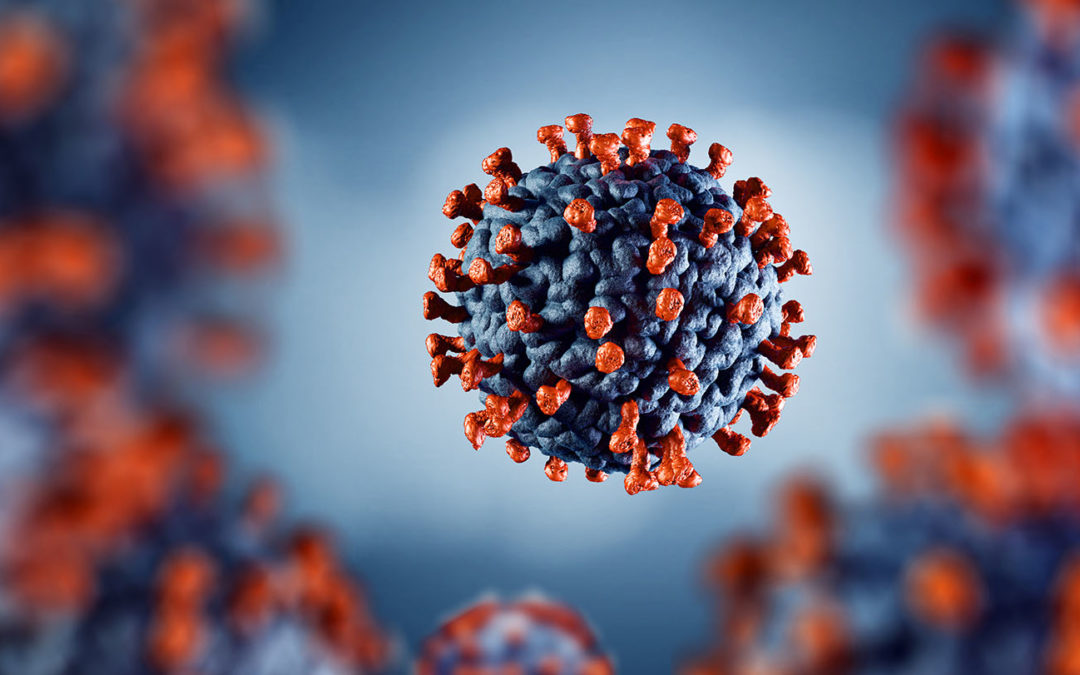Liability for COVID-related treatments or vaccines is complicated. There have long been extra liability protections for companies that make vaccines. The PREP Act declaration in 2020 signed by then Secretary of Health and Human Services Alex Azar extended special liability protection to a variety of COVID-19 diagnostic and treatment options. There’s also 42 USC §300aa–23, which provides added protection for vaccine manufacturers if a person suffers a side effect from a vaccination.
Those liability protections aren’t absolute, and there are still scenarios in which a medical provider could be negligent for mistakes related to the administration of vaccines or COVID-19 treatments. The liability protections tend to shield the manufacturers of equipment, tests and medication – not necessarily the doctors or nurses who administer those treatments. If the doctor or nurse makes a mistake, their employer could still potentially be liable in a medical negligence case.
In addition, the federal government has set up numerous systems that allow people who have been injured by a vaccine to receive compensation for their medical costs. The National Vaccine Injury Compensation Program (VICP) is the largest of these systems. In essence, if you or a loved one were to have a negative reaction to a vaccine that required you to undergo additional care or therapies, you could petition the “Vaccine Court” for compensation.
In most cases you won’t be able to sue the manufacturer unless they made some kind of mistake with the batch that you received, but vaccines don’t necessarily have to be defective in order to cause allergic reactions or other side effects.
Unfortunately, since the COVID-19 vaccines are covered by a PREP Act Declaration, people with COVID-19 vaccine injuries will need to use the Countermeasures Injury Compensation Program (CICP). The CICP is an offshoot of the PREP Act, and it serves a similar purpose to the VICP. Essentially, if someone suffers an injury from one of the products or treatments that have the extra liability protection from a PREP Act declaration, they can petition the CICP for compensation.
It’s generally thought to be harder to receive compensation from the CICP than it is from the VICP. The VICP receives funding from a $0.75 tax on each illness for which a vaccine is administered. For example, there’s a $2.25 excise tax on the measles-mumps-rubella vaccine since it protects from three diseases. The CICP receives funding from congressional budget allocations. Standards of the CICP petition process tends to be higher, which is why injured parties are more likely to prevail in the VICP vaccine court.
Do Companies That Make COVID-19 Treatments and Vaccines Get a Free Pass on Mistakes?
No – just because they have added liability protection doesn’t mean they can make mistakes or manufacture dangerous products and simply get away with it. The liability protection is only available when, “the injury or death resulted from side effects that were unavoidable even though the vaccine was properly prepared and was accompanied by proper directions and warnings.”
If the vaccine wasn’t properly prepared or it didn’t contain proper directions and warnings, the manufacturer might lose its liability protection. Mistakes in the manufacturing process or improperly printed or communicated dosage instructions might still leave them vulnerable to injury or wrongful death lawsuits.
Medical Malpractice Claims Related to a COVID-19 Misdiagnosis
There are potential scenarios where a family might want to sue for wrongful death and medical malpractice if a doctor misdiagnoses COVID-19 as the flu or the common cold and sends a patient home. That patient might get other family members sick or even die because they didn’t receive the appropriate treatment for a serious COVID-19 illness.
Medical malpractice claims hinge on whether or not another properly trained doctor acting in accordance with their duty of care could have made the same mistake. In medical malpractice cases it’s necessary to get expert testimony from other medical professionals who analyze the evidence. If another professional in the same field decides that the doctor’s reasoning and actions were reasonable, it will be hard to win a medical negligence case.
However, if an expert witness determines that a properly trained doctor would have run a test and confirmed COVID-19 or would have caught other warning signs that justified keeping a patient in the hospital, a family could potentially have a case.
Medical malpractice cases are always complicated. The outcomes are dependent on the doctor’s actions and whether or not they failed to adhere to the norms of care. That’s why it’s rarely possible for a medical malpractice lawyer to make broad declarative statements about whether or not you will win your personal injury or medical malpractice case during a free consultation.
If you think a medical mistake led to your COVID-19 illness or the death of a loved one, it may be worth your time to speak with the medical malpractice attorneys at the Weycer Law Firm. We’ll listen to your situation, ask questions and help you understand whether or not you should seriously consider pursuing a medical malpractice claim.
You can request your free consultation by contacting us online or by calling (713) 668-4545.

